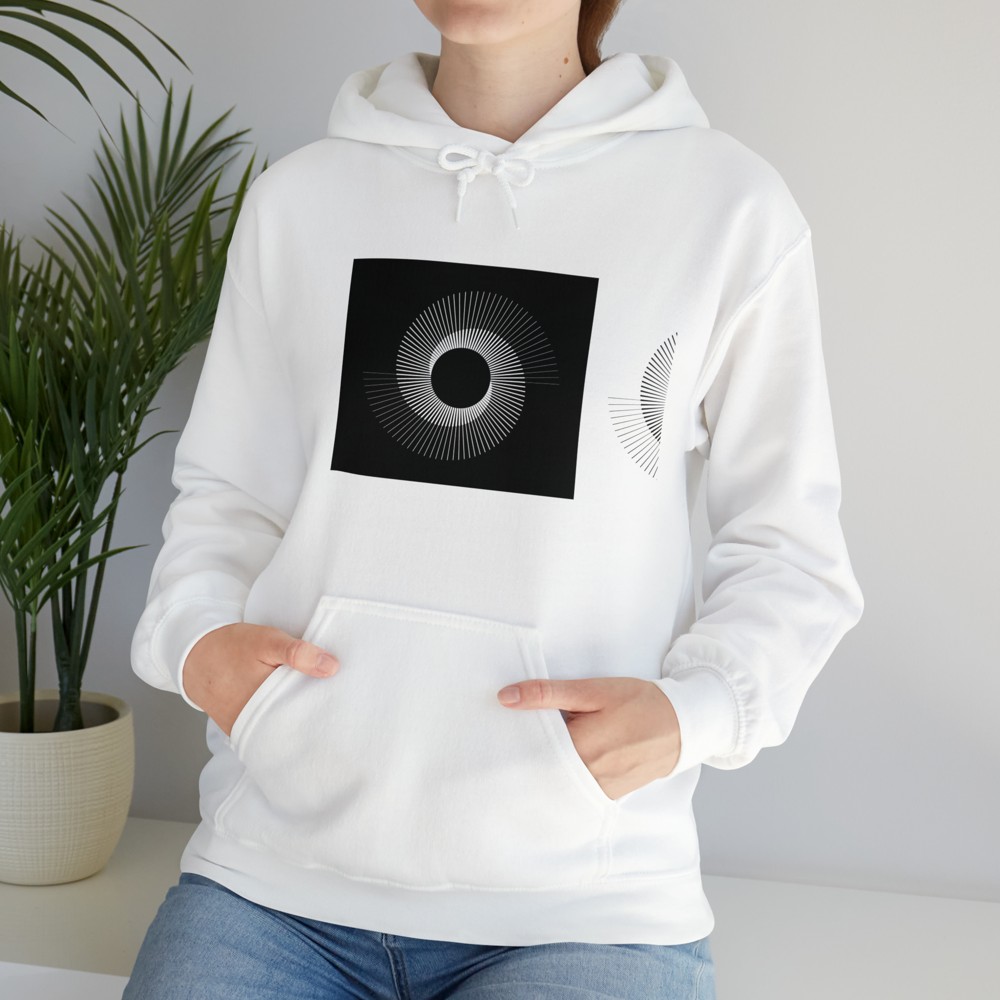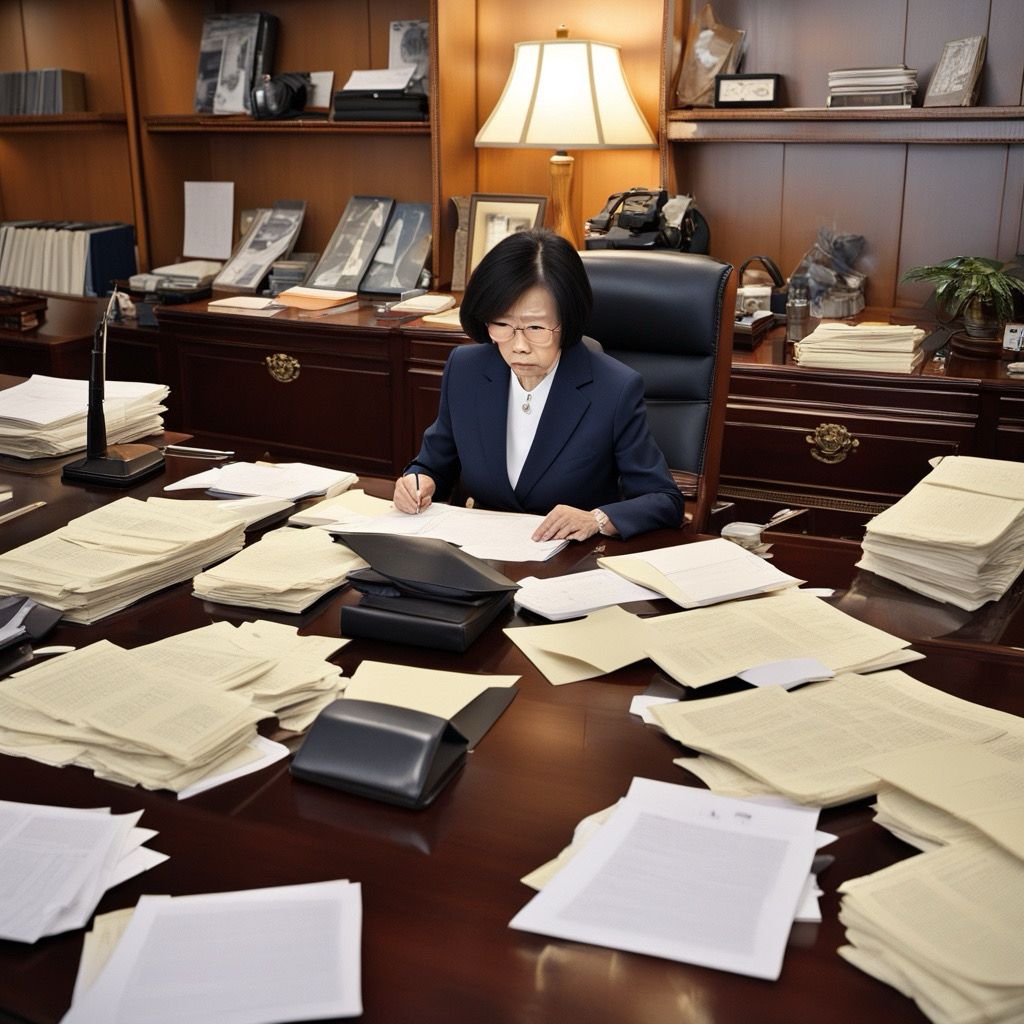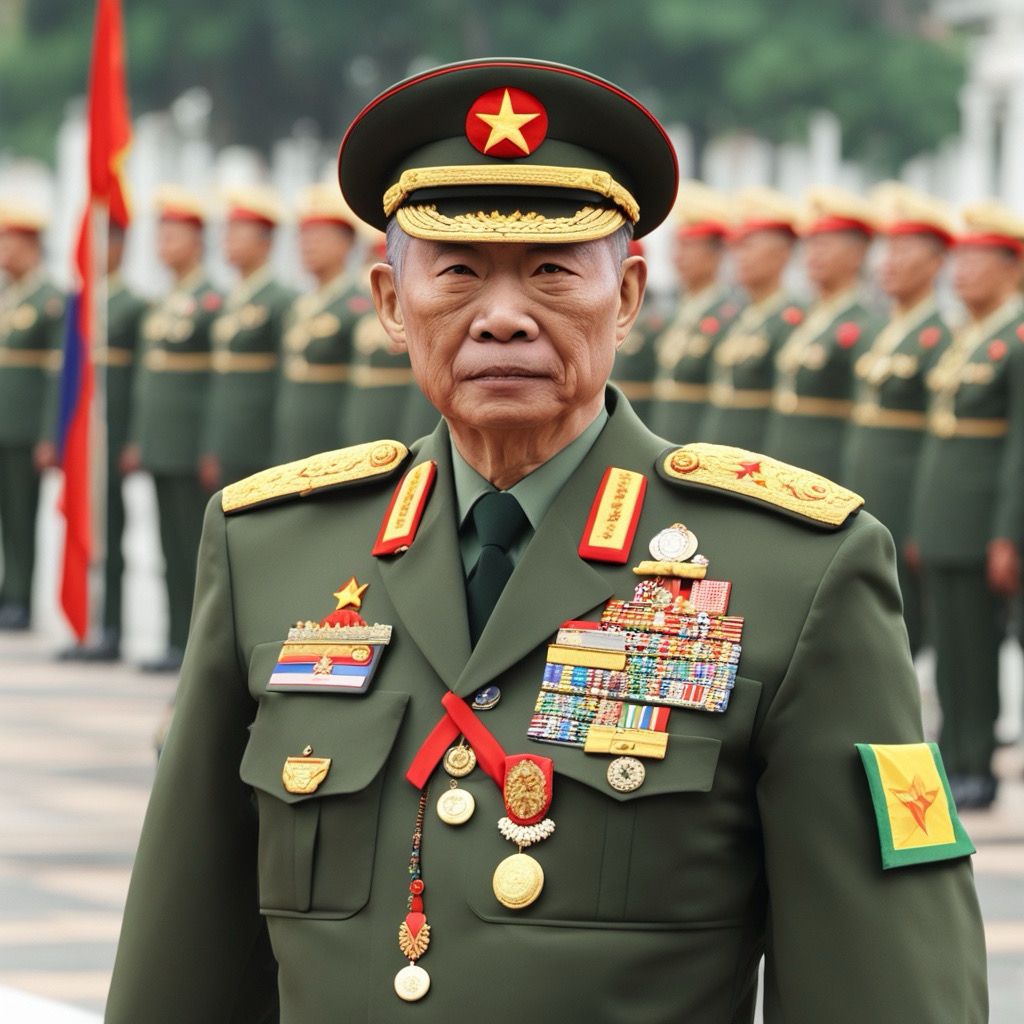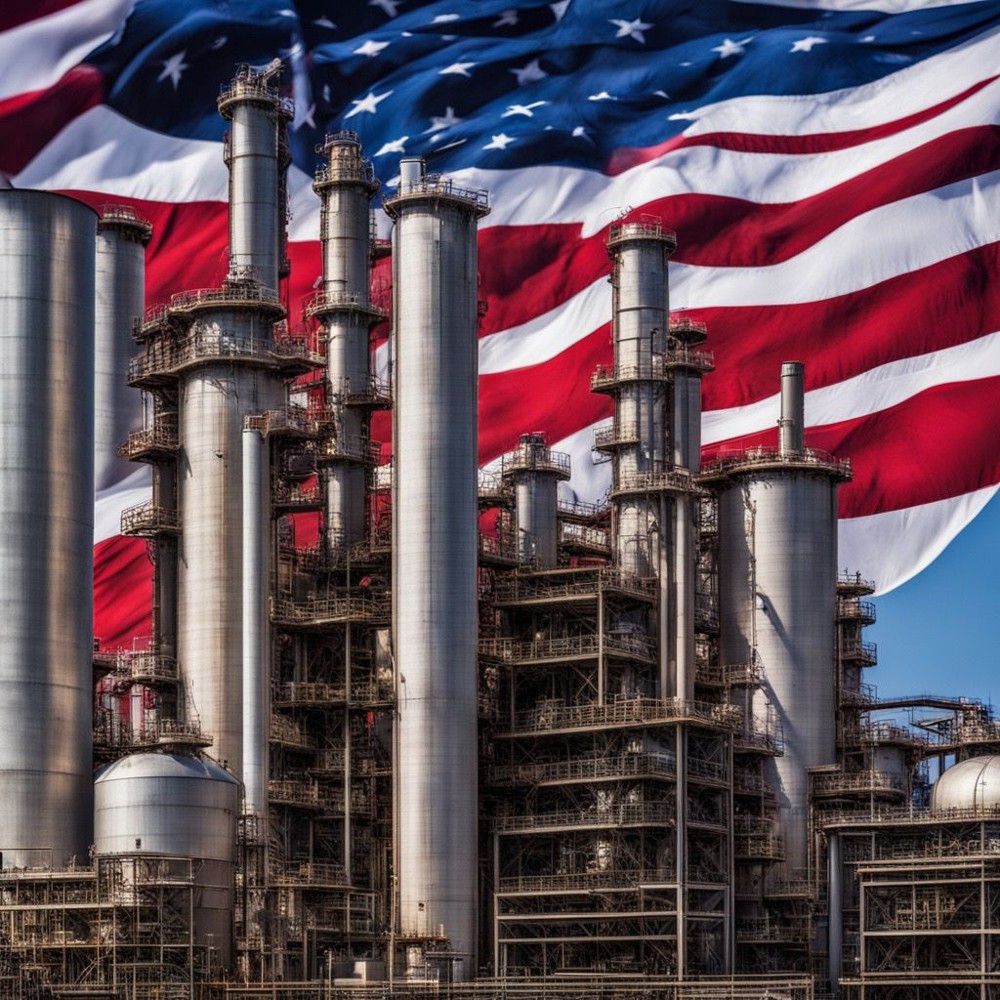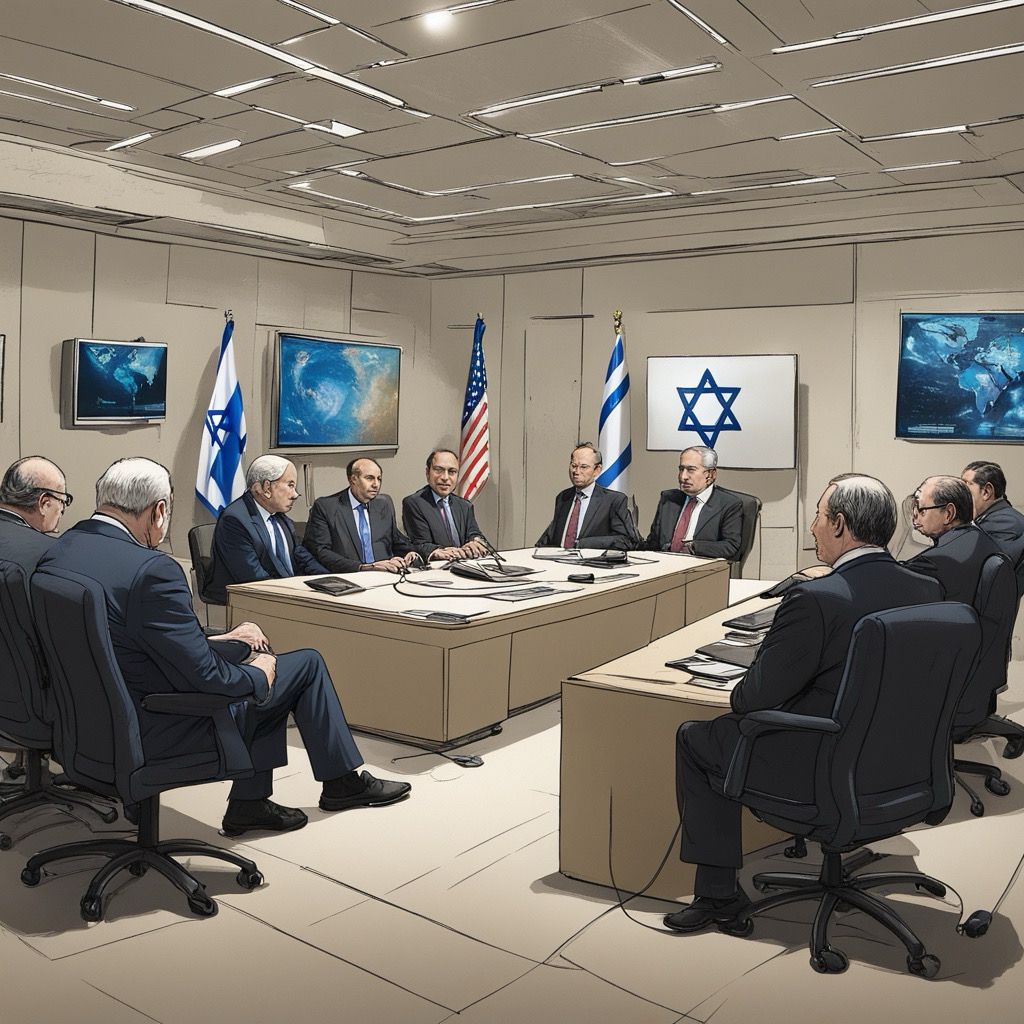Published: 2 months ago
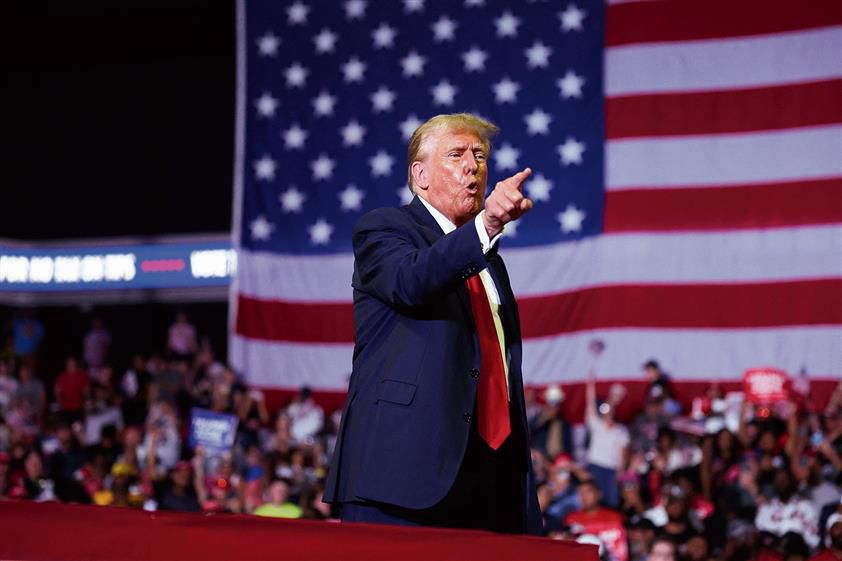
World Affairs
Summary
In a landmark decision on July 1, 2024, the Supreme Court of the United States ruled 6-3 that former President Donald Trump is immune from criminal prosecution for actions taken within the scope of his constitutional powers during his presidency. This ruling has significant implications not only for Trump but also for future Presidents.
Article
Background of the Case
The case, Trump v. United States, originated from a federal grand jury indictment against Trump on four counts related to his conduct following the November 2020 election. The indictment alleged that Trump conspired to overturn the election results by spreading knowingly false claims of election fraud and obstructing the collection, counting, and certification of the election results.
Trump moved to dismiss the indictment, arguing that Presidential immunity protected him from criminal prosecution for actions performed within the outer perimeter of his official responsibilities. Both the District Court and the D.C. Circuit Court denied Trump's motion, leading to the Supreme Court's review.
The Supreme Court's Decision
The Supreme Court's majority opinion held that under the constitutional structure of separated powers, the nature of Presidential power entitles a former President to absolute immunity from criminal prosecution for actions within his conclusive and preclusive constitutional authority. This decision reaffirms the concept that a President cannot be held criminally liable for actions taken in an official capacity.
Justice Clarence Thomas, writing for the majority, stated, "The immunity conferred by our Constitution upon a sitting President for official acts extends to former Presidents to ensure that the exercise of executive authority remains unimpeded by the threat of criminal prosecution."
Implications of the Ruling
-
Presidential Accountability: The ruling raises significant questions about the balance between Presidential immunity and accountability. While it protects the executive branch from judicial overreach, it also potentially places Presidents above the law for actions taken while in office. This could lead to debates about the limits of executive power and the mechanisms available to hold Presidents accountable.
-
Future Presidents: The decision sets a precedent that could impact future Presidents. By affirming that former Presidents retain immunity for their official acts, the ruling may embolden future occupants of the White House to exercise their powers more aggressively, knowing they are shielded from criminal prosecution after their term ends.
-
Rule of Law: Critics argue that this ruling undermines the rule of law by creating a class of individuals who are immune from prosecution for their actions. Supporters, however, contend that it is necessary to protect the executive branch's independence and prevent politically motivated prosecutions.
-
Political Reactions: The ruling has sparked varied reactions across the political spectrum. Supporters of Trump and proponents of strong executive power celebrate it as a victory for Presidential authority. Opponents view it as a dangerous precedent that could erode democratic checks and balances.
Conclusion
The Supreme Court's decision in Trump v. United States is a pivotal moment in the ongoing debate over Presidential immunity and executive power. By granting former President Trump immunity from criminal prosecution for actions taken in his official capacity, the ruling has far-reaching consequences for the accountability of future Presidents and the interpretation of executive authority in the United States.
As the nation grapples with the implications of this decision, it remains to be seen how it will influence the behavior of future Presidents and the ongoing discourse on the separation of powers in American governance.
Opinion
Albert Monk
2 months ago
This article does not have any attachments.
No Access
Share access to start recording your opinion

